
- In pictures
- In pictures
Finding the ‘men’ in mental health
Explore how ideas about masculinity have influenced the way men talk about and experience their mental health, from the 1800s to today.

- Article
- Article
The conditional child
Deanna Fei asks what it means to sustain a life, drawing on her own experience of having a premature baby as well as an 18th-century essay.

- Article
- Article
Tripping for spiritualism and science
Getting high in the name of religion or creativity has been practised for centuries. Now it seems hallucinogenics could help treat mental illnesses too.
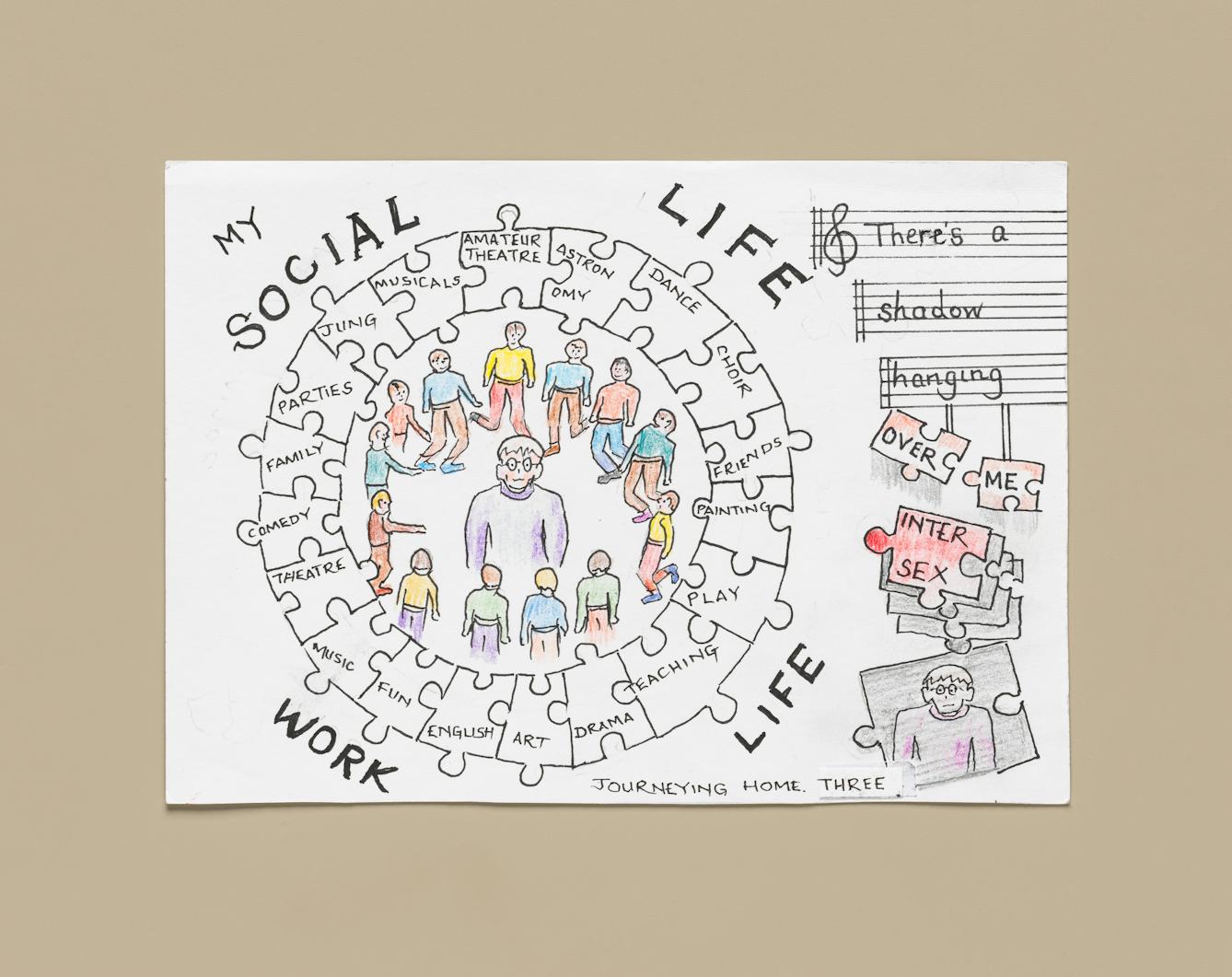
- Article
- Article
Journeying home
A serious health scare was the catalyst to Chris beginning the process of understanding his experiences more clearly, and using that new insight to help other intersex people.
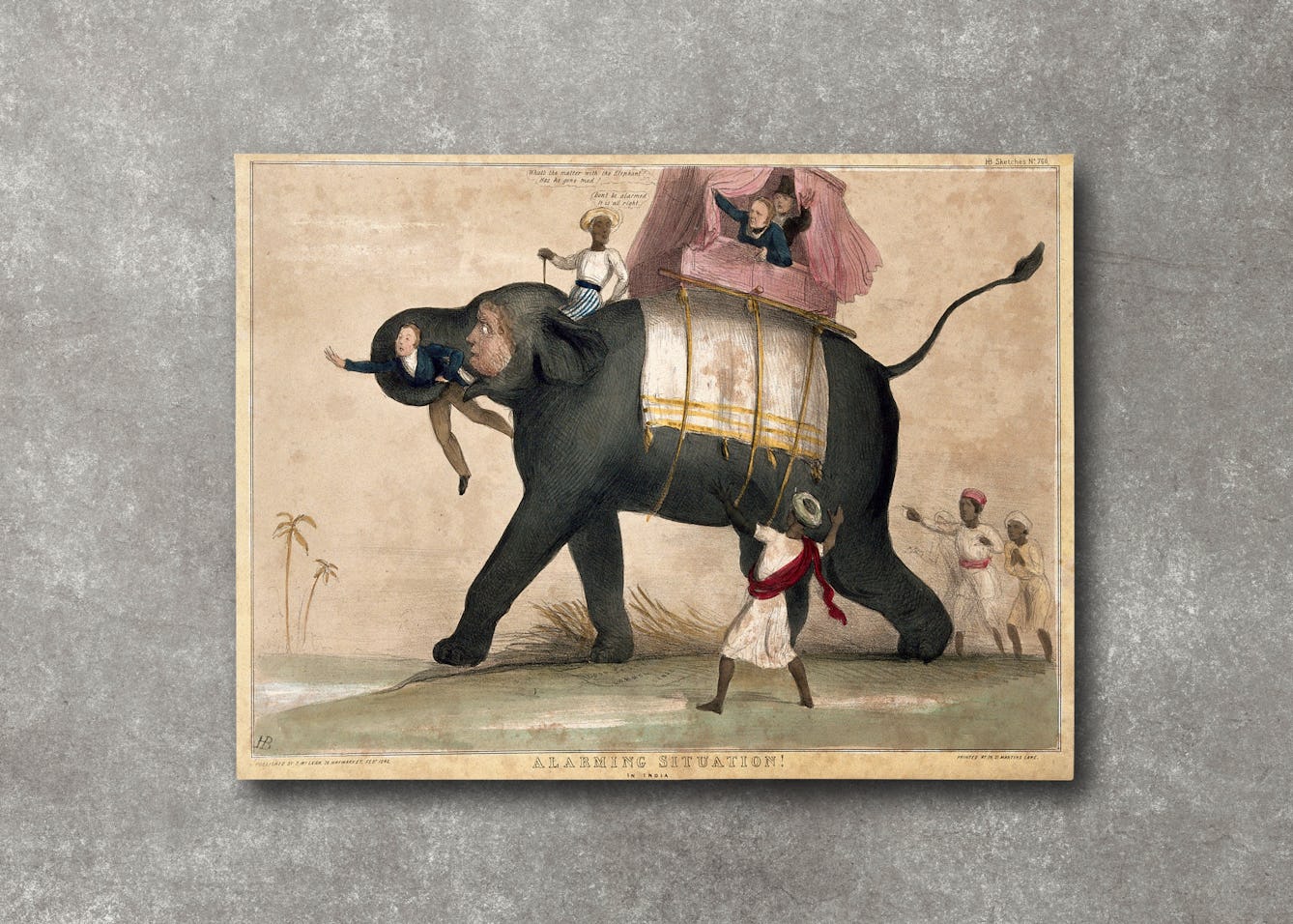
- Article
- Article
Aphasia and drawing elephants
When Thomas Parkinson investigated the history of “speech science”, he discovered an unexpected link between empire, elephants and aphasia.
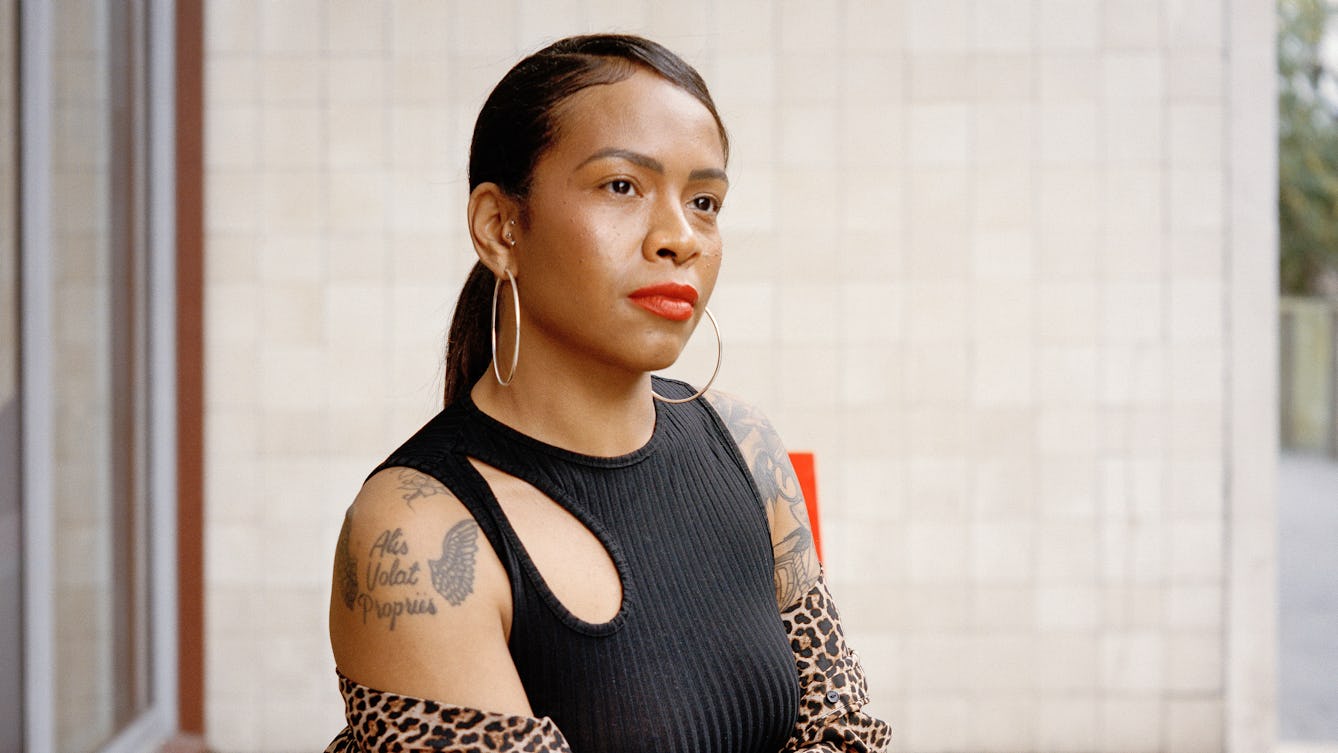
- Photo story
- Photo story
’No you’re not’ – a portrait of autistic women
In this sensitive series of portraits and interviews, photographer Rosie Barnes acknowledges the voices and experiences of autistic women.

- Article
- Article
On contagion
Reading descriptions of the way humans become infested by parasitic flatworms, Daisy Lafarge experienced painful physical symptoms. Perhaps the very creature she was studying had invaded her body.

- Article
- Article
Dress and the magic of touch
Fashion, of course, is largely about appearance, but the feeling of clothes on your skin is a complex sensory experience. Shahidha Bari contemplates the human connections in the business of creating and wearing clothes.

- Article
- Article
Fleeing fear, defying prejudice
As teenage refugee Sedra Al-Yousef grappled with rebuilding her life and education in another country, at the same time she used compassion and humanity to demolish populist anti-refugee myths.
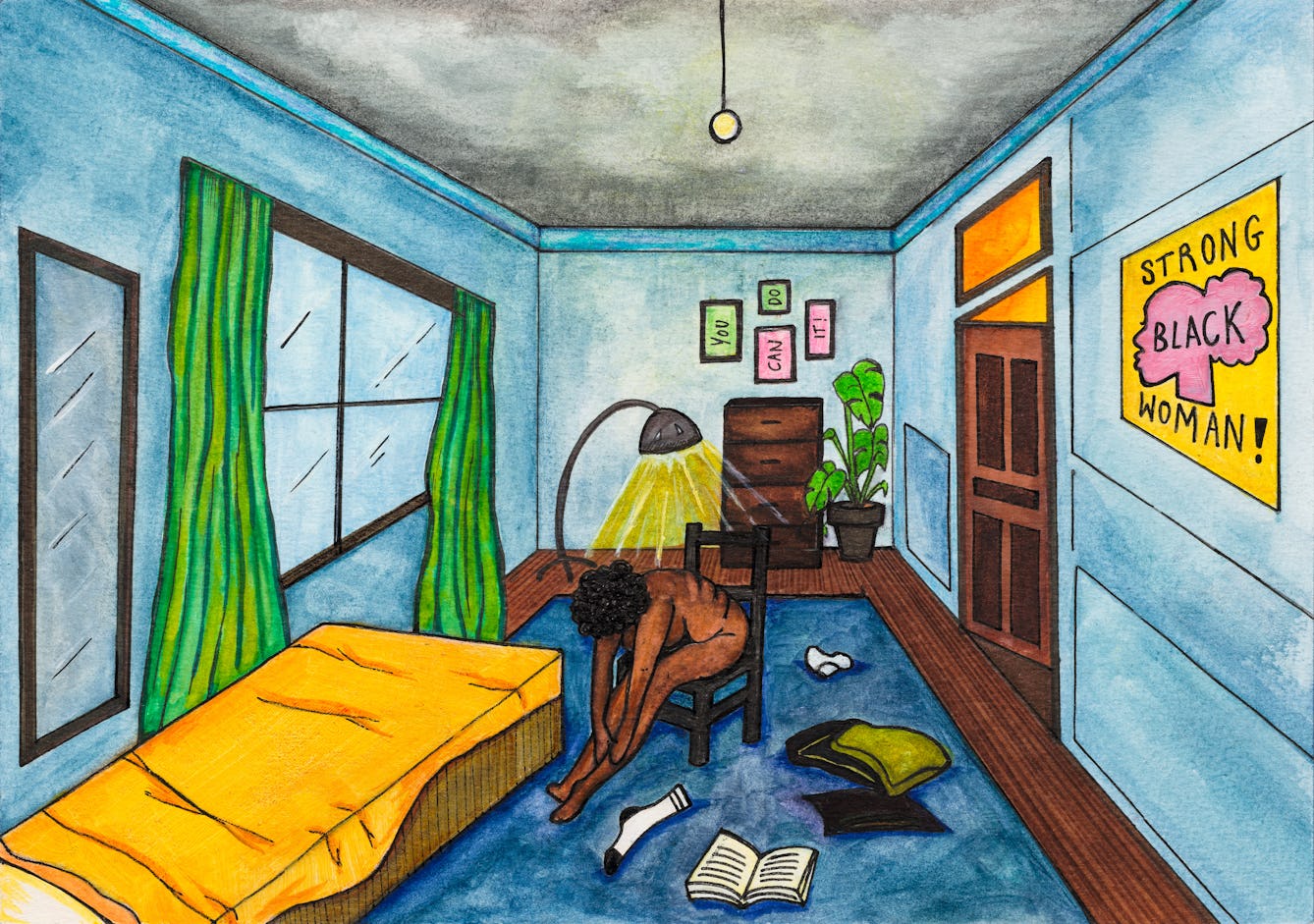
- Article
- Article
Don’t call me a strong Black woman
Her upbringing taught Jaydee Seaforth that she could never show pain or weakness, even when her internal distress was extreme. Find out how she learned to listen to her body.

- Article
- Article
Why the truth is better than a happy ending
Caroline Butterwick often uses lived experience to inform her journalism, but she’s discovered a tension between the truth and stories that will sell.

- Article
- Article
Surviving a flesh-eating disease
Nearly dying from a skin infection gave Scott Neill a chance to start again after an early life marked by grief and depression.

- Interview
- Interview
Sniffing glue and Scientology in the DrugScope archive
Academics on hallucinogenics, kids sniffing glue, and Scientologists recruiting drug users keen to kick the habit. Delve into Wellcome’s recently acquired DrugScope archive.
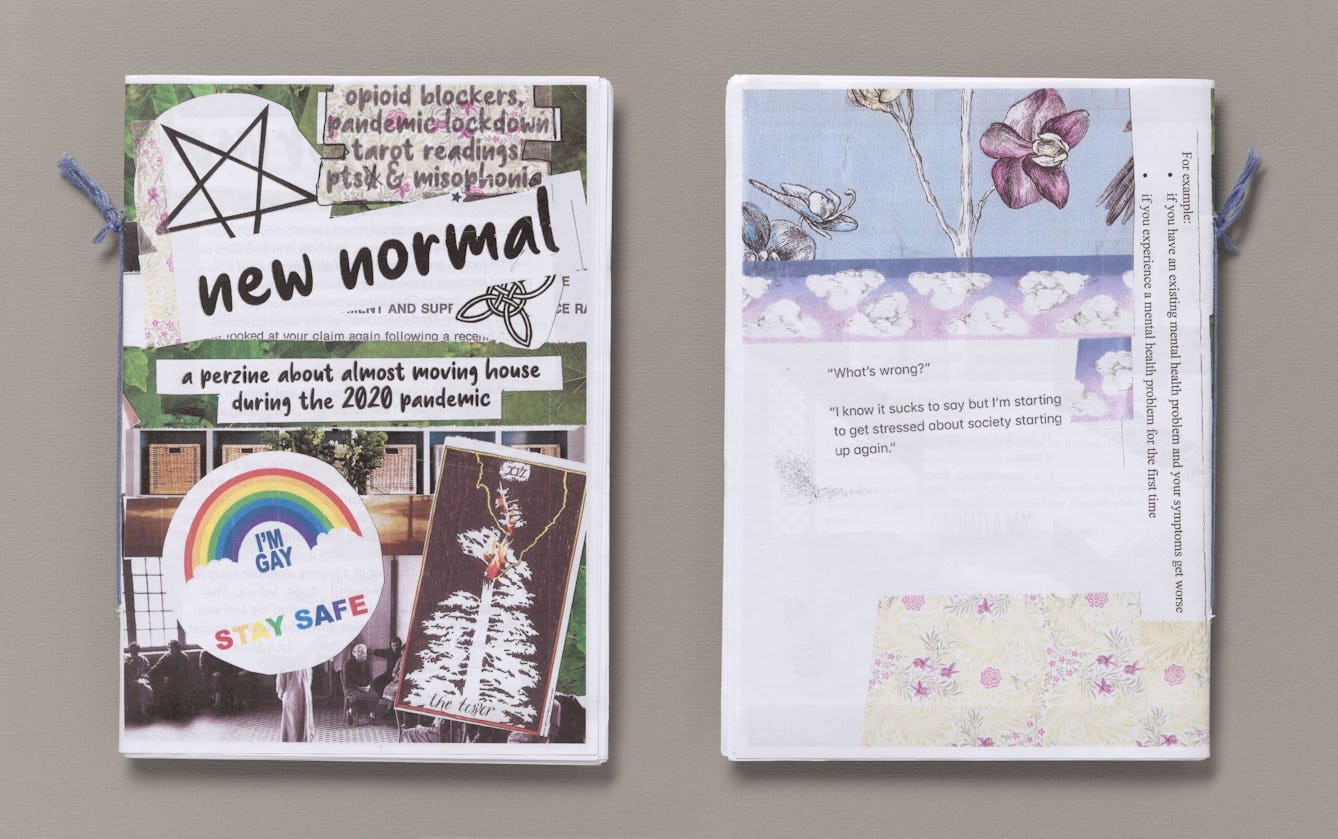
- In pictures
- In pictures
Quaranzines
Researcher and zine-maker Lea Cooper explores pandemic zines made by people who were often familiar with “staying at home” because of disability or chronic illness.

- Article
- Article
It’s getting mighty crowded
Mid-20th-century population-density research on mice produced a whiskered apocalypse, predicted to become the fate of humans too. But perhaps a more compassionate approach could fend this off.

- Article
- Article
Collecting pandemic stories
Find out how personal notebook jottings from two flatmates became ‘Journals of a Pandemic’, a comprehensive diary-keeping project encompassing dozens of writers from a wide variety of backgrounds.

- Article
- Article
When wounds replace words
For the many thousands of refugees waiting in Greece, the process to establish the truth of their tragic personal histories is often extremely upsetting. But a group of medics and legal workers is working together to make the system more humane.

- Photo story
- Photo story
Transitioning and the family album
“It’s really hard to describe to people how you know you’re a man when those ways of describing masculinity to me aren’t true. You need to find your own.”

- Article
- Article
What writing myself has revealed
Caroline Butterwick talks to two creators about how lived experience feeds their art, and reflects on her own year of writing about her life.

- Article
- Article
My illness made me an activist, but now I’m exhausted
Emily Bashforth’s illness made her an advocate but now she’s battling burnout. She argues why we all need to be mental health activists, not just those with lived experience.

- Photo story
- Photo story
Alopecia in men
Men break their silence about total hair loss in these intimate portraits and interviews by Orlando Gili.
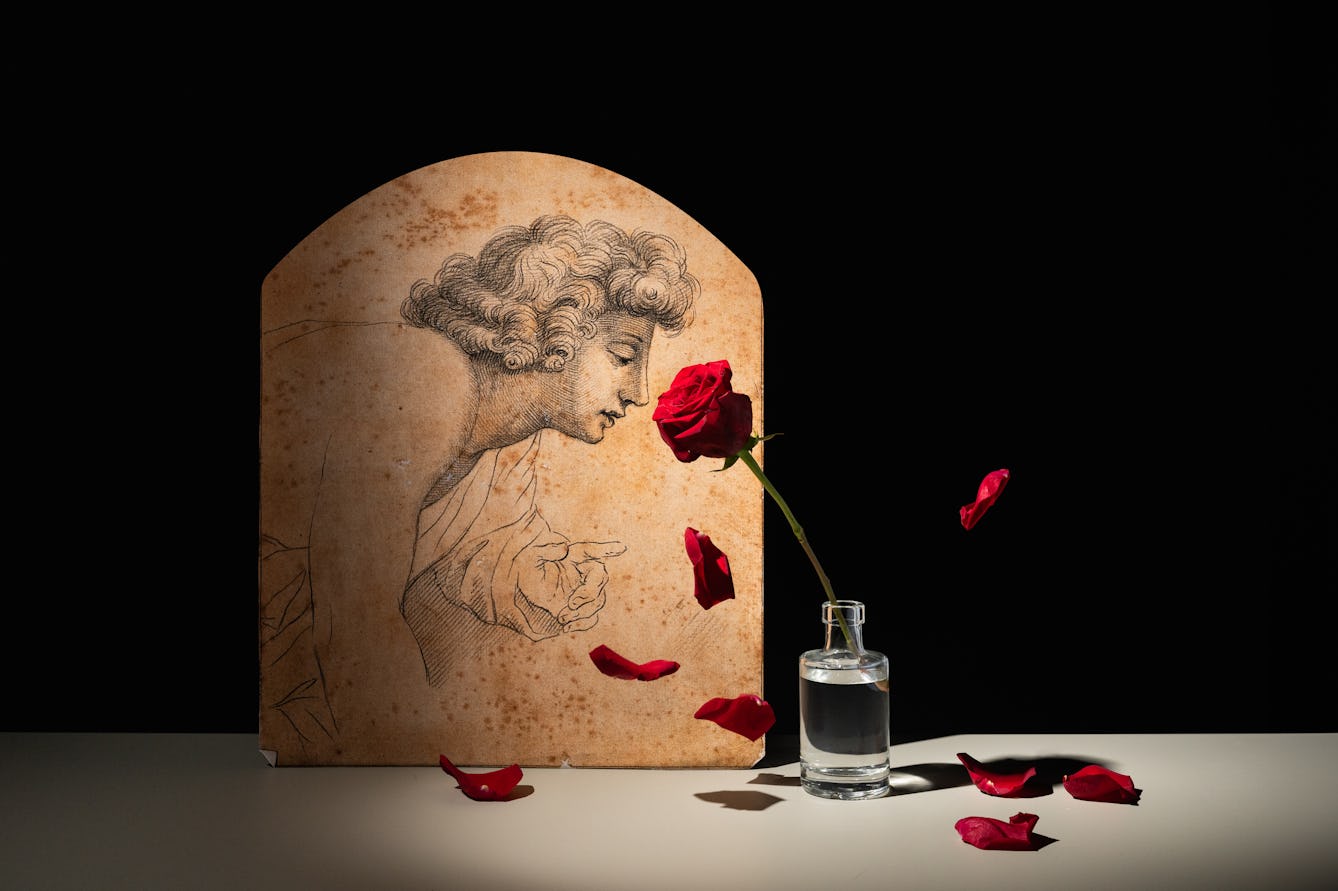
- Article
- Article
What the nose doesn’t know
Losing her sense of smell for over a year motivated Stephanie Howard-Smith to sniff out the history of treatments for this unsettling condition.
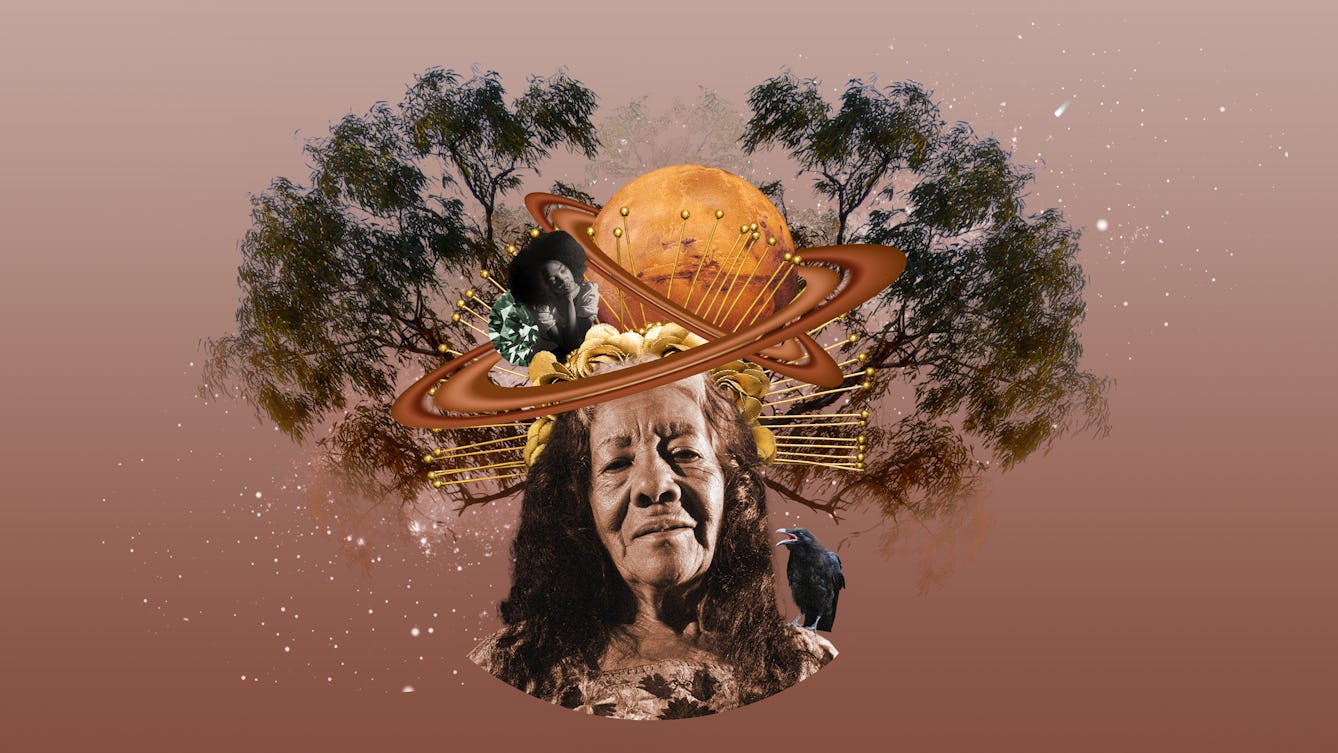
- Article
- Article
Crones
Menopause can be tough when nobody talks about it and all the stereotypes are negative, but it can also be transformative, marking the start of a new stage of life - cronehood.
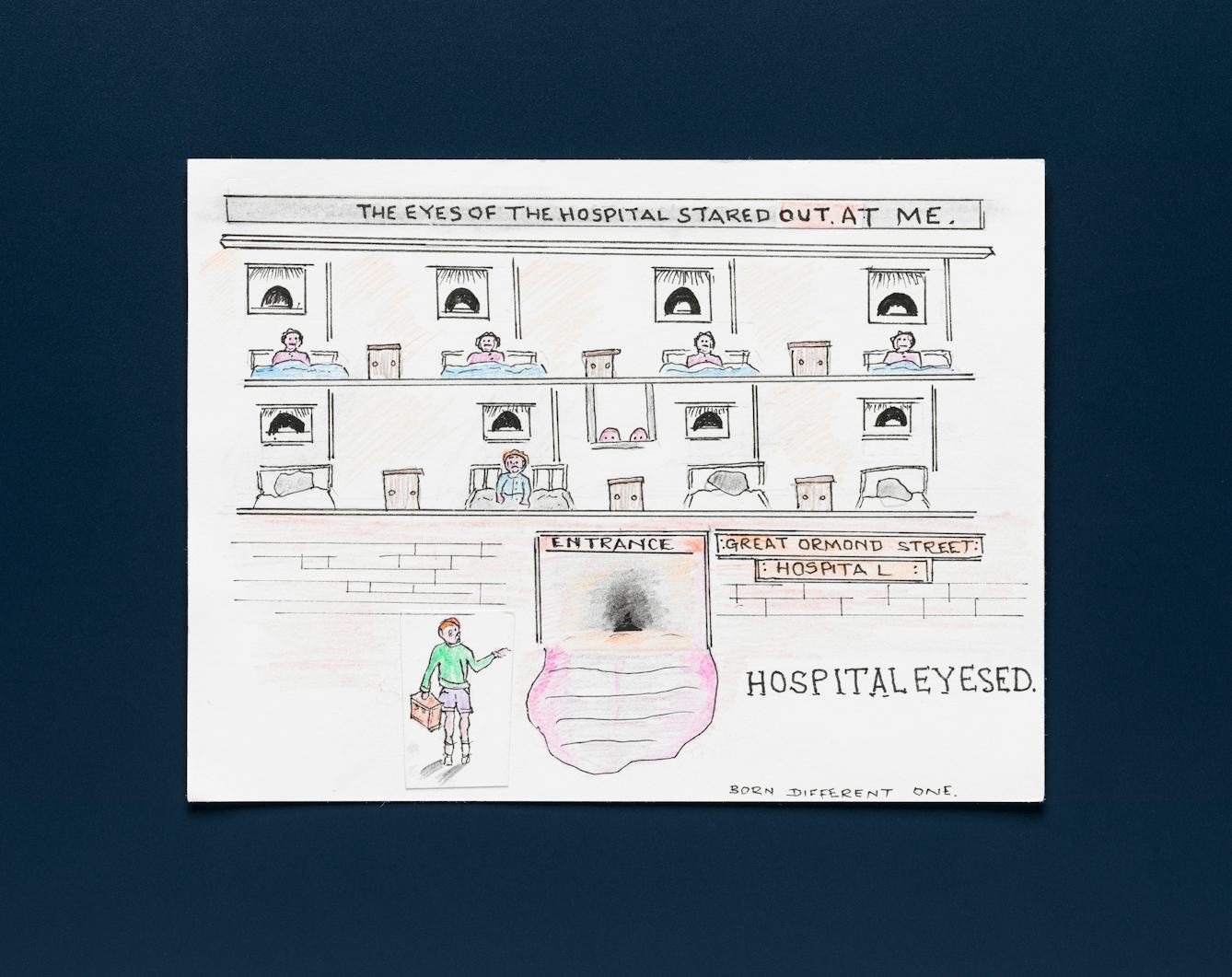
- Article
- Article
Born different
For Chris North, being born intersex in the 1940s meant his many childhood hospital visits, tests and operations were not explained or discussed. As he reveals, doctors encouraged strict secrecy.

- Article
- Article
Seeds for the future
Indigenous groups have a key role as guardians of biodiversity, and their knowledge could help us all preserve our world. To survive, we all need to collaborate, reject prejudice, and share what we know.